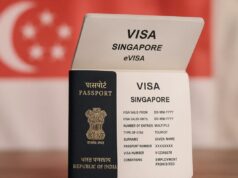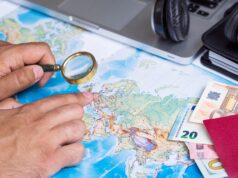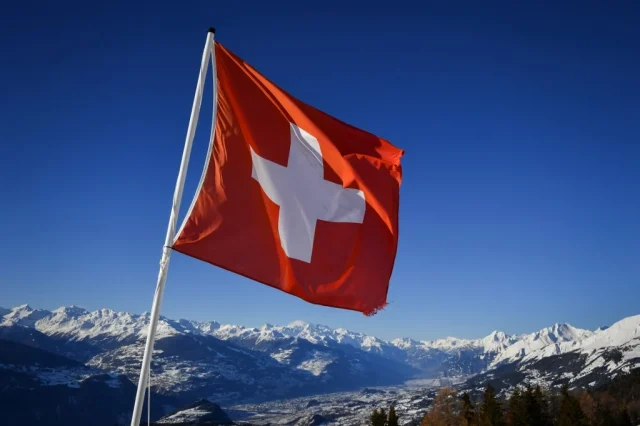
Switzerland is a very beautiful country filled with many different kinds of people and cultures. It is a country that often outshines itself with its beauty, but it has everything you might be looking for in a vacation. Switzerland has both the Alps for skiing during winter months, as well as the great lakes to relax by during summer time.
History of Switzerland

The establishment of the Swiss Confederation is traditionally dated to 1 August 1291, which is celebrated annually as Swiss National Day.
Switzerland’s independence and neutrality have long been honored by the major European powers. Switzerland was not involved in either of the two World Wars. It is not a member of the European Union; the Swiss people have consistently rejected membership since the early 1990s. The country has a special status under international law. Under the terms of both bilateral agreements between Switzerland and the European Union (in force since 2005), Swiss citizens will continue to be able to invoke EU provisions for free movement and residence within Schengen Area states, as well as Switzerland’s existing trade treaties with the EU.
Before you visit Switzerland there are important things that you should know about this wonderful place. It is easy to get caught up in seeing all of Switzerland’s beauty without thinking of what could happen if something goes wrong. This article will contain information on some of those situations so they do not ruin your trip to Switzerland.
Visas and Entry Requirements for Switzerland
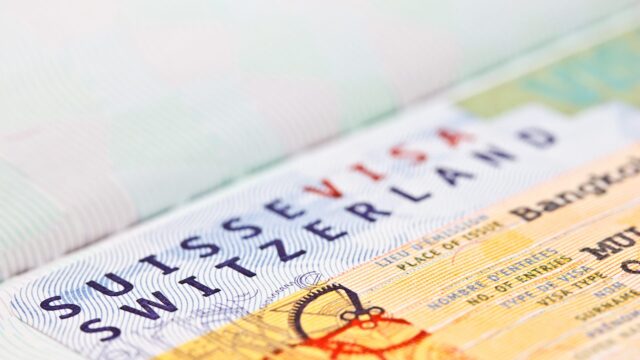
Most nationalities can enter Switzerland without a visa and stay in the country for up to three months within a six-month period. If you wish to remain in Switzerland for longer than three months, regardless of how long your original visa is valid, you must apply for a residence permit before leaving the country or risk being fined when trying to re-enter. The exception here is a Schengen visa which allows unlimited entry within any Schengen area member state during its validity. Many African and Asian nationalities require a visa.
A Schengen Visa allows you to travel freely in the area of the Schengen treaty countries (most of Europe, but not UK/Ireland).
Schengen visas are issued by any country in the Schengen area, so they have one common validity when traveling around the area. If you hold a Schengen C visa valid for 3 months with an entry stamp from Germany then you can enter Switzerland without problems. Your 3-month clock starts ticking once you enter any of the Schengen Area countries.
Transportation

You need to know how transportation works in Switzerland. Public transportation is very good and frequent in Switzerland, but it is also very expensive. In most cities, taking the bus or tram is the best way to get around unless you rent a car.
According to switzerlandbylocals.com, the train is one of the most popular ways to travel in Switzerland so make sure you have a rail pass if you plan on traveling by train. Interlaken especially has plenty of transportation options from trams and buses to trains that can take you all over Switzerland and even into other countries nearby. Make sure that your traveler’s permit allows you to use public transportation with no extra fees.
Summer Activities

Summertime is great to visit Switzerland. There are so many activities to keep you very busy. You have the Alps that provide some of the best skiing in the world, as well as mountain climbing and other fun outdoor activities.
Winter Activities
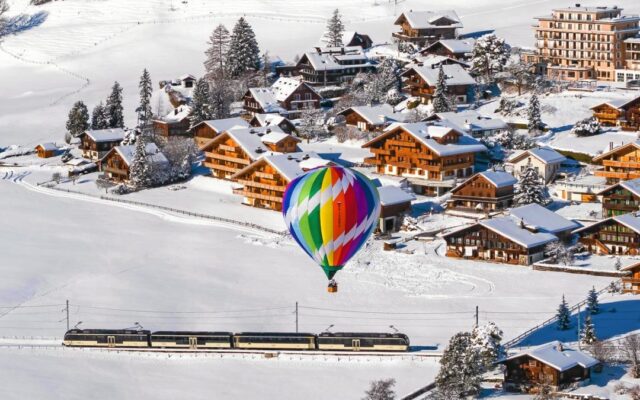
Most people know about Switzerland’s beautiful ski resorts, but the country has plenty of things to do during winter too. Hiking is a big thing here so plan on getting your hiking boots ready for some quality time outdoors. The mountains are also used by locals to go sledding or tobogganing. This can be dangerous if not done properly, though it looks like fun!
Switzerland isn’t all hills and snow either! If you’re interested in cities then there are plenty of interesting places to visit around the country. Some popular ones are Neuchatel, Bern, Geneva, Lausanne, and Zurich.
Money

Have you heard about how expensive Switzerland is? Most articles you read online will tell you that everything is very expensive in this part of Europe. While that’s true for some things ( like groceries ), it’s not always the case. You can find cheap food near the train station or along the Arve River where there are many fast-food restaurants. This especially comes in useful during wintertime when your options for food intake become very limited. But if it’s good food you want then make sure to budget well because fine dining can be quite pricey! As usual, keep an eye out for any extra fees that aren’t included in the price especially when eating outside or at a hotel.
Diversity
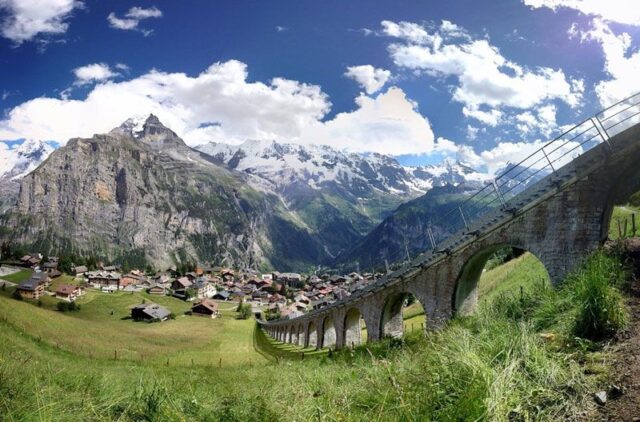
Switzerland isn’t as diverse as other countries because it only has one official language which is German. However, there are four other national languages spoken here: French, Italian, Romansch, and English. English is very common so if you speak this language you won’t have any problems carrying a conversation with locals even if your first language isn’t their primary language. Remember though, to use Swiss German rather than High German (the standard form of German taught in school). It should be easier to understand for both you and them!
For those who can converse well in Swiss German then they’ll have no problem at all speaking the local dialect. Swiss German has a lot of slang and idioms so it might be difficult for you to understand at first. It’s best to just follow what people are saying because Swiss Germans have a hard time understanding English if they don’t speak it well.
Conclusion
Switzerland is such a beautiful place, and it’s worth visiting. However, there are some things that you need to know about if you decide to come here for the first time. Make sure that your documents allow you entry into the Schengen Area, plan ahead especially when it comes to transportation and money. With all that we wish you happy travels.

